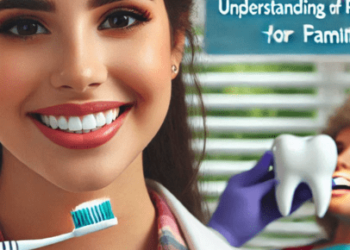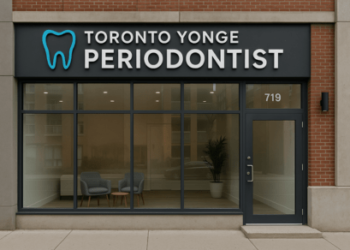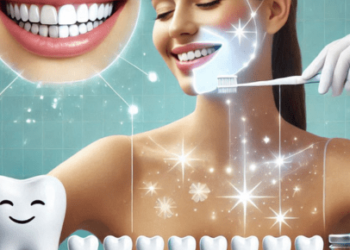As a dentist in Jackson Heights, New York, our team understands the profound impact of nutritional deficiencies on oral health and wellness. A healthy diet is the foundation of a healthy smile, providing the essential nutrients and minerals needed to support strong teeth and gums. However, when nutritional deficiencies occur, they can lead to various oral health problems, from tooth decay and gum disease to dry mouth and oral cancer.
In this article, we’ll explore the complex relationship between nutrition and oral health, and discuss the ways in which nutritional deficiencies can affect our overall wellness.
The Importance of Nutrition for Oral Health
A healthy diet is essential for maintaining strong teeth and gums. The food we eat provides the necessary nutrients for the growth and repair of oral tissues, including teeth, gums, and bone. A diet rich in fruits, vegetables, whole grains, and lean proteins helps to:
- Build strong teeth: Calcium and vitamin D are essential for building strong teeth, while vitamin C helps to maintain healthy gums.
- Maintain healthy gums: Vitamin C, vitamin D, and omega-3 fatty acids help to reduce inflammation and promote healthy gum tissue.
- Support oral tissue repair: Protein, vitamin C, and zinc are essential for the repair and regeneration of oral tissues.
Nutritional Deficiencies and Oral Health Problems
Here are some common nutritional deficiencies and their associated oral health problems:
Vitamin Deficiencies
- Vitamin C Deficiency: Impaired collagen synthesis, poor wound healing, and increased risk of periodontal disease.
- Vitamin D Deficiency: Increased risk of tooth decay, periodontal disease, and oral cancer.
- Vitamin B12 Deficiency: Increased risk of periodontal disease, oral ulcers, and glossitis (inflammation of the tongue).
Mineral Deficiencies
- Calcium Deficiency: Impaired tooth development, increased risk of tooth decay, and osteoporosis.
- Iron Deficiency: Impaired immune function, increased risk of oral infections, and glossitis.
- Zinc Deficiency: Impaired wound healing, increased risk of oral ulcers, and impaired immune function.
Other Nutritional Deficiencies
- Protein Deficiency: Impaired oral tissue repair, increased risk of periodontal disease, and oral ulcers.
- Omega-3 Fatty Acid Deficiency: Increased risk of periodontal disease, oral inflammation, and impaired immune function.
- Fiber Deficiency: Increased risk of tooth decay, periodontal disease, and oral cancer.
The Impact of Nutritional Deficiencies on Overall Wellness
Nutritional deficiencies can have far-reaching consequences for our overall wellness. A diet that is lacking in essential nutrients can lead to a range of health problems, including:
- Fatigue and weakness: A lack of iron, vitamin B12, or other essential nutrients can lead to fatigue and weakness.
- Impaired immune function: A diet that is lacking in essential nutrients can impair immune function, making us more susceptible to illness and infection.
- Mood disorders: A lack of omega-3 fatty acids, vitamin D, or other essential nutrients can contribute to mood disorders, including depression and anxiety.
- Cognitive decline: A diet that is lacking in essential nutrients can contribute to cognitive decline and an increased risk of dementia.
Essential Nutrients To Incorporate In Your Diet For Oral Wellness
The essential nutrients for oral health include:
- Vitamin C: Collagen synthesis, wound healing
- Vitamin D: Calcium absorption, bone health
- Calcium: Tooth development, bone health
- Phosphorus: Tooth development, bone health
- Omega-3 Fatty Acids: Anti-inflammatory effects
- Zinc: Immune function, wound healing
- Magnesium: Bone health, muscle function
- Fiber: Digestive health, satiety
- Vitamin B12: Red blood cell production, nerve function
- Antioxidants: Protection against oxidative stress, inflammation
Bottom Line
Nutritional deficiencies can have a profound impact on our oral health and overall wellness. A diet that is rich in essential nutrients is critical for maintaining strong teeth and gums, while a lack of these nutrients can lead to a range of oral health problems. By prioritizing a balanced diet and addressing nutritional deficiencies, we can take a proactive approach to maintaining good oral health and overall wellness.










